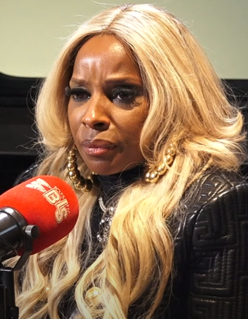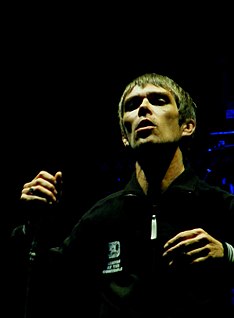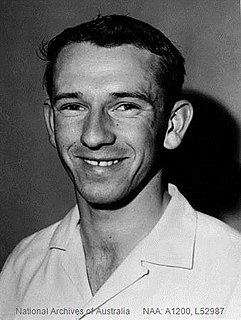A Quote by Mary J. Blige
'My Life' is not an autobiography. It's just music.
Quote Topics
Related Quotes
Reminiscences, even extensive ones, do not always amount to an autobiography. For autobiography has to do with time, with sequence and what makes up the continuous flow of life. Here, I am talking of a space, of moments and discontinuities. For even if months and years appear here, it is in the form they have at the moment of commemoration.
Eclectic is a word that appears almost as much as the word smarmy in rock journalism and I've come to the fact, just as a personal side, this reminds of Oscar Wilde's insight that criticism is the highest form of autobiography. I think that's exactly what rock journalism has attempted to do, to celebrate its autobiography at my expense.
to look back on one's life is to experience the capriciousness of memory. ... the past is not static. It can be relived only in memory, and memory is a device for forgetting as well as remembering. It, too, is not immutable. It rediscovers, reinvents, reorganizes. Like a passage of prose it can be revised and repunctuated. To that extent, every autobiography is a work of fiction and every work of fiction an autobiography.
Landscape pictures can offer us, I think, three verities: geography, autobiography, and metaphor. Geography is, if taken alone, sometimes boring, autobiography is frequently trivial, and metaphor can be dubious. But taken together, as in the best work of people like Alfred Stieglitz and Edward Weston, the three kinds of information strengthen each other and reinforce what we all work to keep intact - the affection for life.




































